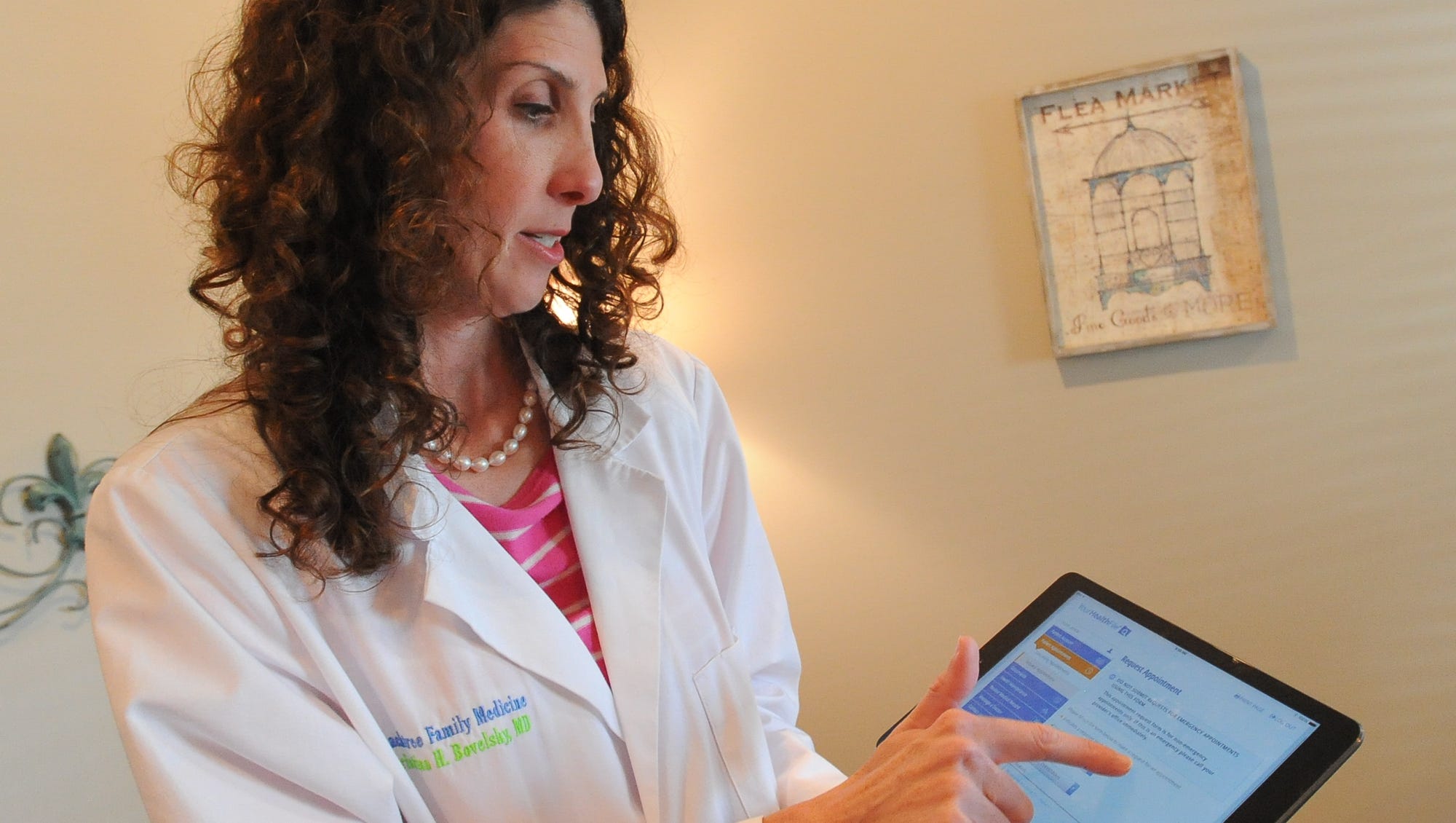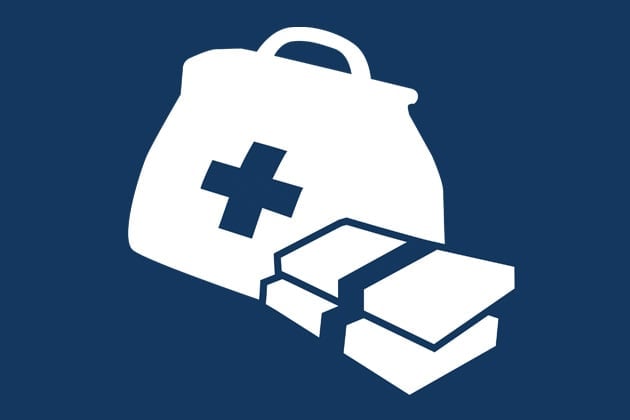- Joined
- Oct 1, 2012
- Messages
- 31
- Reaction score
- 14
Want to ask people's opinion on this. Has been a follower on this forum and have found the input and discussion valuable
Recently I have a few patients came to me, some by referral, but they don't have insurance, they want to pay cash for their visits but only want me to manage their opioid. Sometime I just don't know what to do with these patients, if I recommend procedures, it's probably too costly and they won't be able to afford or no interest in pursuing. I just don't like the optic of essentially they are giving me cash for a opioid prescription. Granted it's easy and don't have to deal with insurance reimbursement. What are people's thought on this, appreciate the input
Recently I have a few patients came to me, some by referral, but they don't have insurance, they want to pay cash for their visits but only want me to manage their opioid. Sometime I just don't know what to do with these patients, if I recommend procedures, it's probably too costly and they won't be able to afford or no interest in pursuing. I just don't like the optic of essentially they are giving me cash for a opioid prescription. Granted it's easy and don't have to deal with insurance reimbursement. What are people's thought on this, appreciate the input





